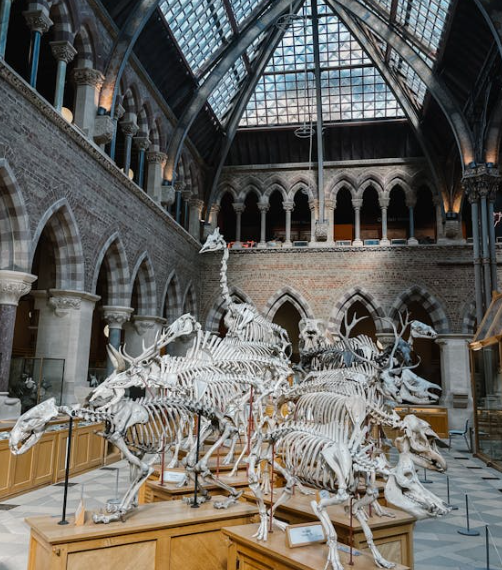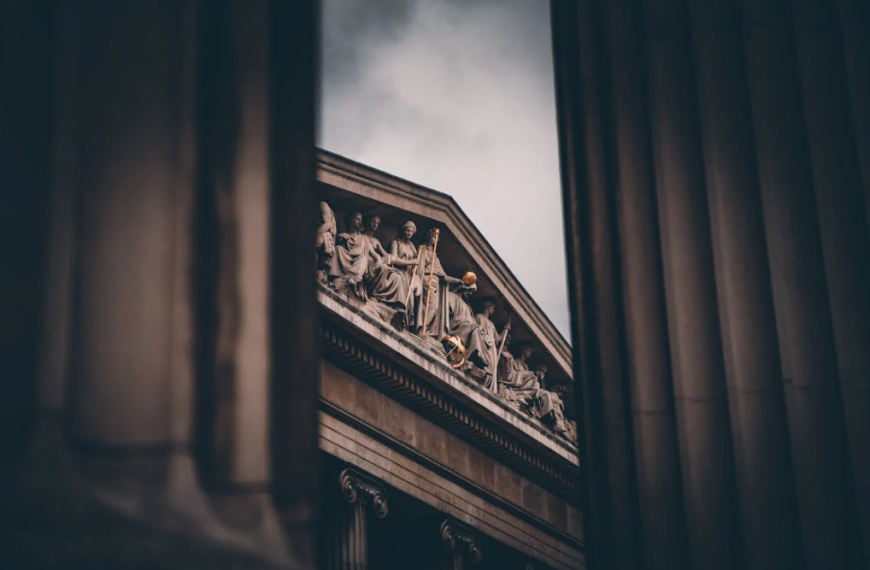In America before the Civil War, being part of the Underground Railroad was dangerous. It was especially risky for those running away from slavery in the South and the people helping them, called conductors. They used secret words and signals to talk along the way and avoid getting caught.
Cindy Mullock, who runs the Harriet Tubman Museum in New Jersey, says most of the communication on the Underground Railroad happened by talking.
Historian Kate Clifford Larson, who wrote a book about Harriet Tubman, says many of the symbols we think are linked to the Underground Railroad were made up later. Although there aren’t many records of symbols from the Underground Railroad, there is some evidence that certain codes were used. Here are five of them.
Owl Hoots
It’s believed that Harriet Tubman, a leader of the Underground Railroad, imitated the call of a barred owl to talk secretly with the people she was helping to escape. According to Ranger Angela Crenshaw from the Harriet Tubman Underground Railroad State Park, barred owls make a sound like “Who cooks for you? Who cooks for you?”
Debra Campagnari Martin, who works with the Underground Railroad Coalition of Delaware, says Tubman might have used other animal calls as secret signals too.
Railroad Terminology
When the Underground Railroad was active, train travel was still new, says Mullock. “At that time, this was new technology, so even the words we use now were new ways of thinking about the routes,” she says. For example, freedom-seekers were called “passengers,” and people like Tubman who guided them were called “conductors.”
Passengers, also called “baggage,” “bundles of wood,” “cargo,” and “parcels,” moved between safe houses called “stations,” owned by “station masters.” Others who helped passengers were called “agents.”
The specific words weren’t the same everywhere, but using language related to the railroad made messages easier to understand. “[The code words] weren’t the same for everyone, but agents knew each other and understood,” says Martin.
The ‘River Jordan’
There’s evidence from court records and historical documents suggesting that some involved with the Underground Railroad called the Ohio River the “River Jordan.”
The Ohio River was the only physical boundary between southern states where slavery was allowed and northern states like Ohio and Indiana where it wasn’t. This river had both geographic and symbolic importance. However, even in the “free” states, the Fugitive Slave Acts could still be enforced, and non-white residents didn’t have basic rights. Also, the term “River Jordan” might have been used for other rivers leading to free states or Canada, not just the Ohio River.
Singing Spirituals
Formerly enslaved people, like Frederick Douglas, talked about singing religious songs called “spirituals” while they were enslaved. Douglas wrote in his book from 1855, My Bondage and My Freedom, that when they sang songs like “O Canaan, sweet Canaan, I am bound for the land of Canaan,” they weren’t just hoping to go to heaven. They were also talking about reaching the North, which they saw as their promised land. Spirituals were also used to communicate on the Underground Railroad.
After the Civil War, Tubman said she sang two spirituals—“Go Down Moses” and “Bound For the Promised Land”—while leading people to freedom. “She would change the speed of the songs to show if it was a good time to escape or if there were dangers,” says Mullock. But besides Tubman’s examples, Martin says few other people who helped on the Underground Railroad talked about the songs they sang.
Coded, Written References
Tubman also used secret messages in letters sent by mail, according to Larson. Specifically, she mentioned another spiritual song called “Old Ship of Zion” in a coded letter that she had someone write for her (because she couldn’t read or write) in Philadelphia. She sent this letter to a friend in Maryland right before she went to rescue her brothers at Christmas in 1854. In the letter, Tubman asked the recipient—a free Black man named Jacob Jackson—to “read my letter to the old folks, and give my love to them, and tell my brothers to be always watching unto prayer, and when the good old ship of Zion comes along, to be ready to step aboard.”










